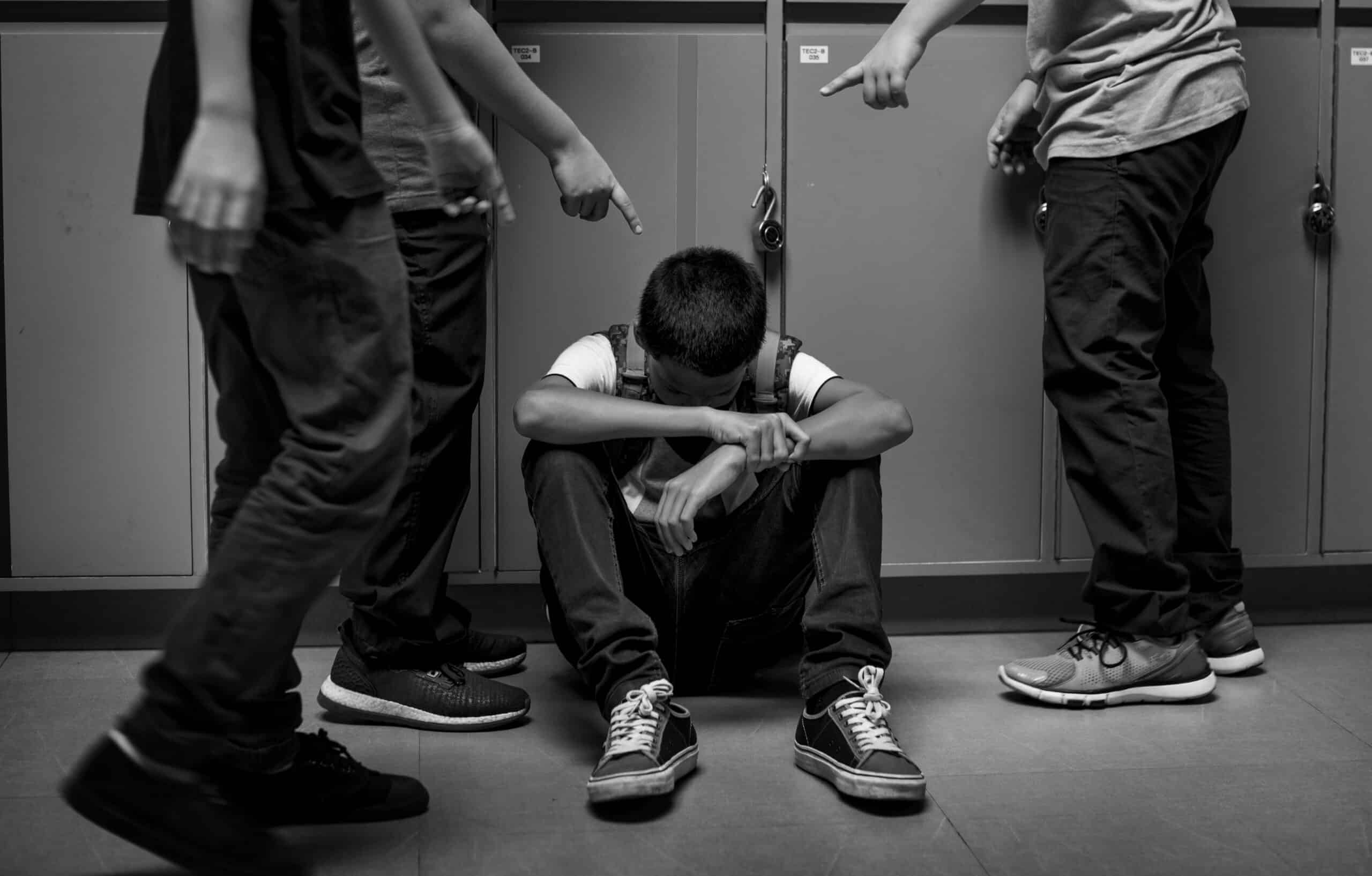Why is Forgetting Pain So Hard?
How Forgiveness is Way Different Than Forgetting
Let’s dive deep into a question that plagues us all: Why can’t we forget our hurts? Why is it that even after we’ve asked Jesus to forgive and done everything in our power to forgive those who wronged us, we still can’t seem to shake the pain and memories that haunt us? Let’s find freedom right now.
Forgiveness takes a special kind of strength. It’s about releasing someone from a debt they owe, even if they’ll never repay it. It’s a divine act, and a conscious decision that takes willpower and God power. But here’s the thing – just because you’ve forgiven someone doesn’t mean you’ll magically forget.
But don’t despair. Sometimes, holding onto memories of pain can actually be helpful. It can teach us valuable lessons, protect us from future harm, and remind us of just how much we’ve overcome. Still, we can’t deny that the lingering pain of past hurts can be a real problem. So what’s the solution? What can we do to resolve the pain of hurts we can’t forget? Here are some steps:
- Realize that forgetting is subjective, depending on how often the situation or person stays in your life. For example, you may forget the bully who tormented you in high school because you never see them again after graduation, but you may never forget the sting of being bullied. On the other hand, you may never forget that your spouse cheated on you even though you have forgiven and have also reconciled with them.

- Stop picking the wound. The Bible says, “You will keep your friends if you forgive them, but you will lose your friends if you keep talking about what they did wrong” (Prov 17:9). We simply need to beware of how Satan wants us to reopen our scabs. So we put a lock on the door and set the alarms so when our thinkin becomes stinkin, we can remember to change the topic. It’s no different than changing the topic in any conversation, and our choice to change the topic can be as simple as saying, “Thank you to God.”
- The quote, “The first to apologize is the bravest. The first to forgive is the strongest, and the first to forget is the happiest,” highlights the importance of apologizing, forgiving, and forgetting in our lives. It suggests that those who have the courage to take responsibility for their actions and apologize are brave. Forgiving someone who has wronged us takes strength and letting go of past hurts can bring happiness.

The problem is that forgetting is often the most difficult part of this equation. Our brains are wired to remember negative experiences for survival, but dwelling on them can have a negative impact on our mental health.
While forgetting may not be easy, it is a skill that can be developed over time. To summarize: We can start by 1) choosing to not pick the wound, and 2) by deciding to be thankful. This takes practice. As we have learned in other videos, forgiveness happens and frees us – more than the offender – when we release ourselves from our need to be repaid. Because we’ve decided that we don’t need to collect anymore, suddenly we are the ones who become free.
As much as all this makes logical sense, the emotional problem of forgetting takes work. That’s why we hope you’ll continue through every article on this website. Let’s cure, lets eradicate unforgiveness from our lives together!

